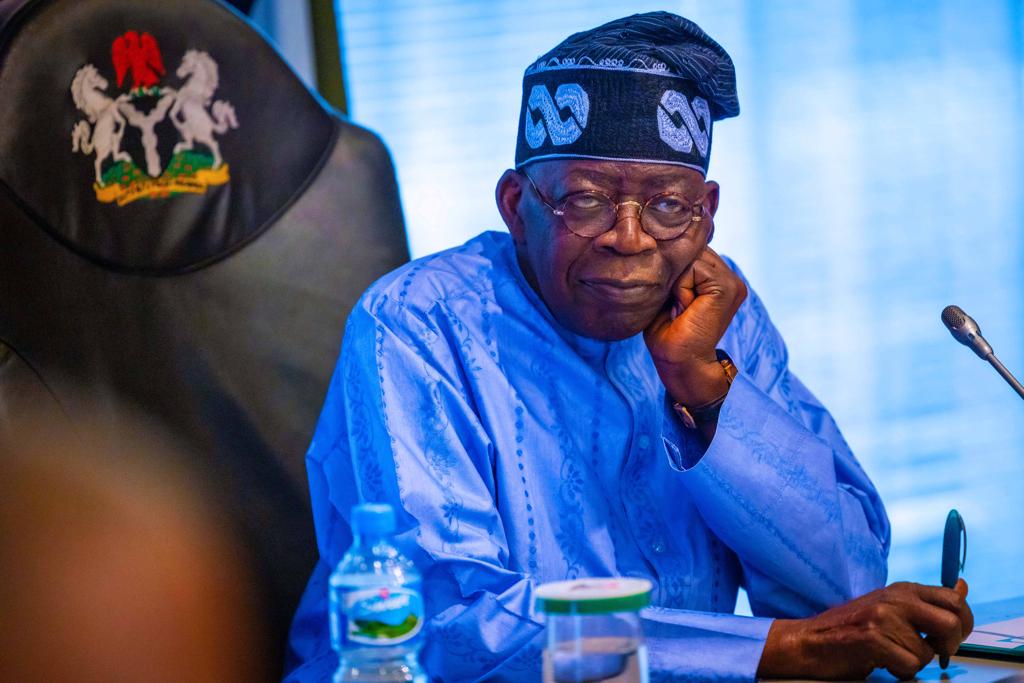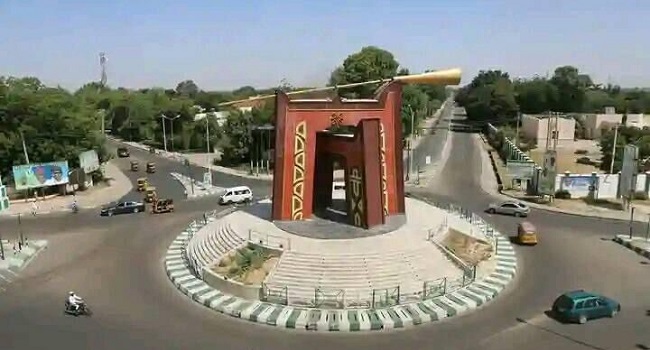Renowned investigative journalist Fisayo Soyombo has been detained by the Nigerian Army’s 6 Division in Port Harcourt, Rivers State, a development igniting widespread concerns over press freedom in Nigeria.
According to the Foundation for Investigative Journalism (FIJ), which he founded, Soyombo, celebrated for his fearless exposés on corruption and human rights violations, has been in detention for three days.
Confirming his arrest on Friday morning, the FIJ demanded his immediate release, declaring: “Journalism is not a crime.”
The arrest is believed to be linked to Soyombo’s recent investigative report accusing the Nigerian Customs Service (NCS) of colluding with an alleged smuggler, Adeyemi Habeeb Abdulganiy, also known as Abuga.
The exposé detailed the illegal transportation of over 2,000 vehicles laden with rice into Nigeria. Soyombo further alleged that soldiers from the 192 Battalion were set to provide cover for the operation, warning in a social media post, “Road users in Sango can expect traffic congestion early tomorrow unless this post prompts an about-face from the actors.”
Responding to the allegations, NCS spokesperson Abdullahi Aliyu Maiwada dismissed the claims as “fictitious,” stating, “It is illogical to believe our personnel are involved in such illegal activities.”
Undeterred, Soyombo released additional video evidence, challenging the denial: “Since Maiwada considers my revelations ‘tales by moonlight,’ I am supplying two more videos showing smuggling-ready cars awaiting clearance from rogue Customs officers.”
Press freedom advocates have condemned Soyombo’s detention, warning of its chilling effect on accountability.
“This is a blatant attack on journalism,” the FIJ stated, insisting, “The people deserve to know the truth, and journalists should not be punished for unveiling corruption.”
The Nigerian Army has yet to issue a statement regarding the journalist’s detention, leaving observers concerned about the implications for investigative reporting in the country.



